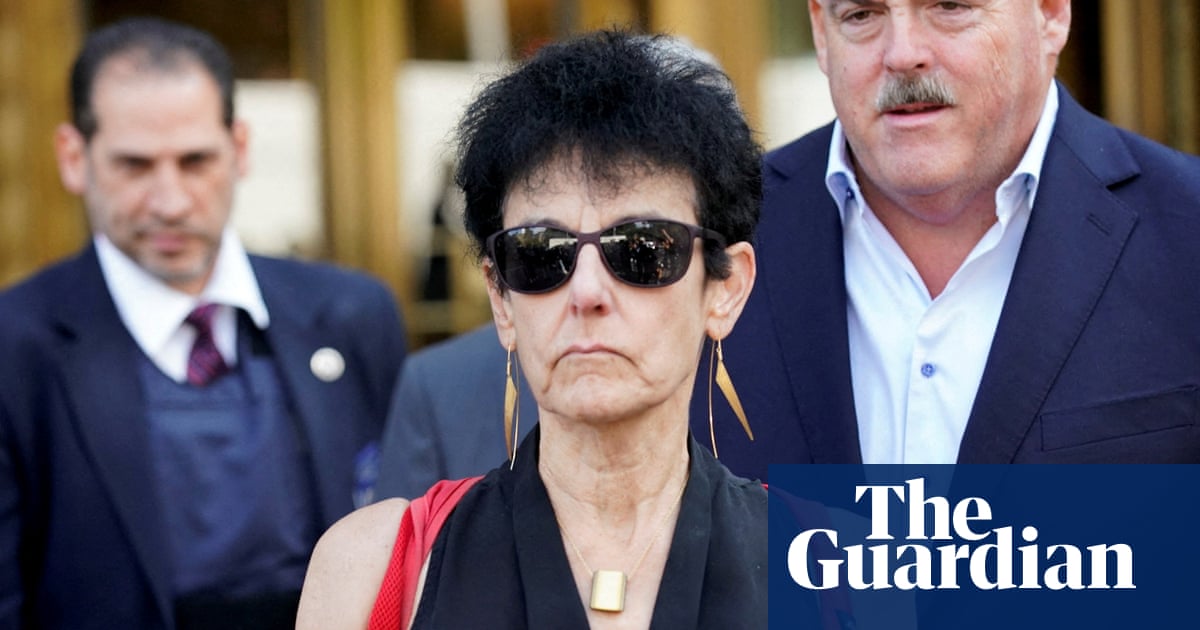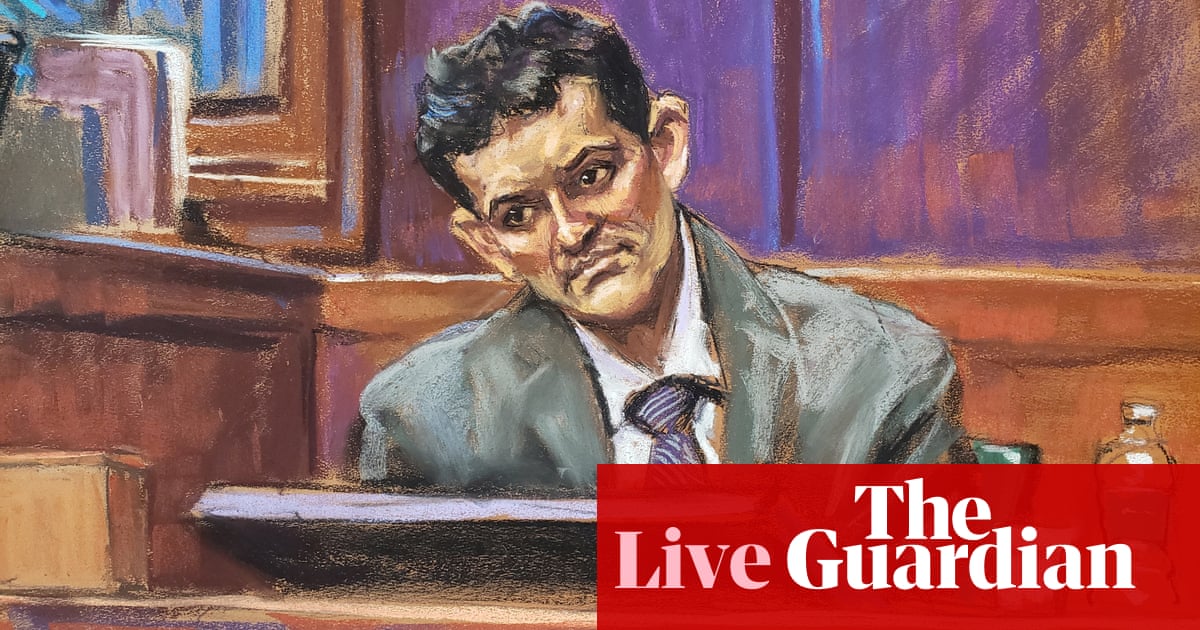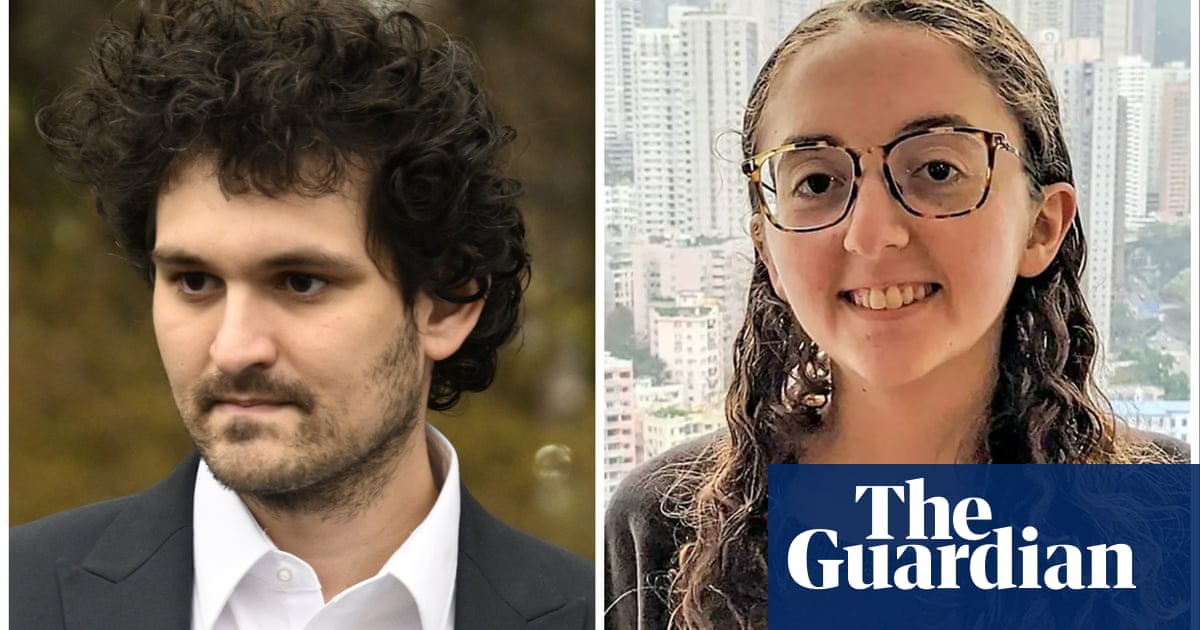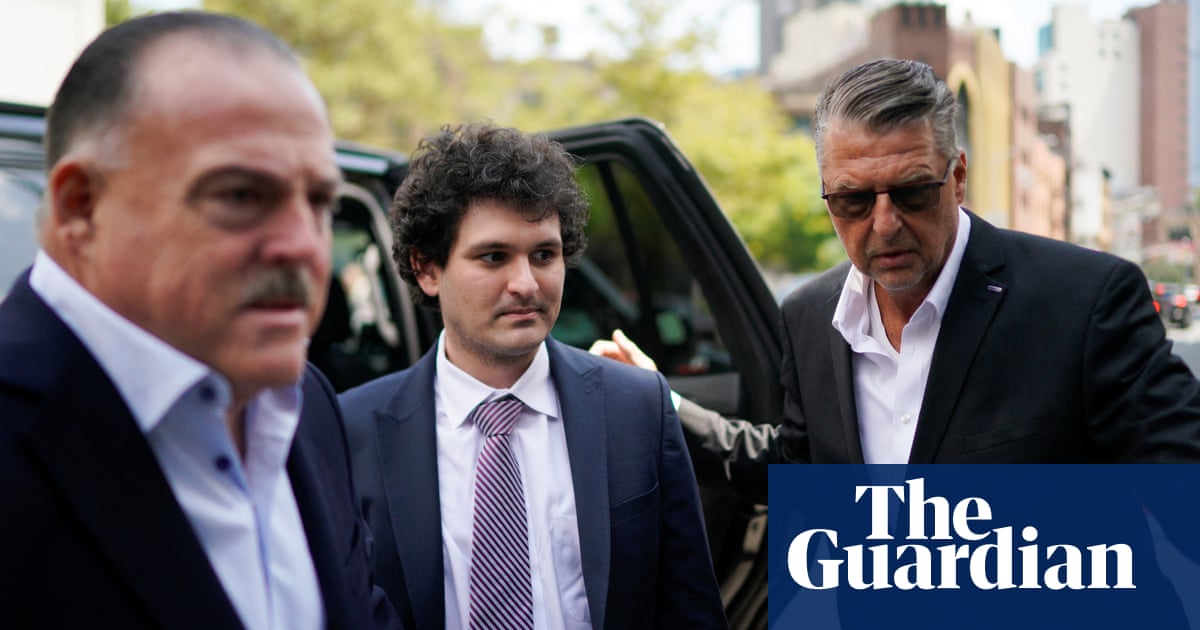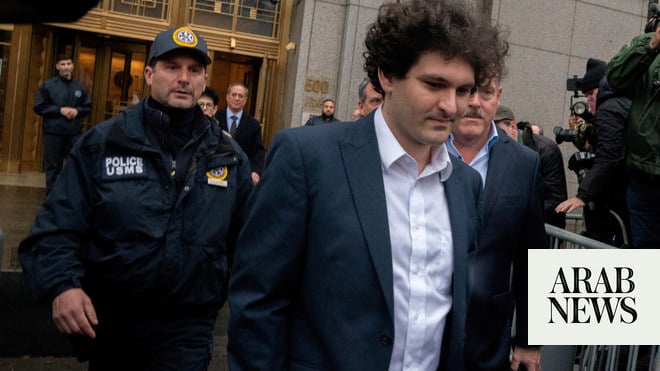
“The extradition process can take a year or longer,” said David Haas, a US lawyer who has defended people facing extradition
WASHINGTON: FTX founder Sam Bankman-Fried’s failure to secure release on bail in the Bahamas on Tuesday increases the likelihood that he will consent to extradition to the United States to face fraud charges, legal experts said.
A judge ordered Bankman-Fried to be held at the Bahamas Department of Corrections until at least Feb. 8, citing his “great” risk of flight after New York federal prosecutors unveiled charges against him over the collapse of his once high-flying crypto exchange, FTX.
Before his bail was denied, Bankman-Fried’s lawyer said his client was not waiving his right to extradition proceedings. If he fights removal, the process could involve up to a year or more of hearings and appeals with little hope of success in the end, experts said.
The facility where Bankman-Fried is being held is also known as Fox Hill Prison. A lawyer for Bankman-Fried did not immediately respond to a request for comment.
Attorneys who specialize in extradition say time locked up overseas often encourages defendants to consent to being transferred to their home countries.
“The extradition process can take a year or longer,” said David Haas, a US lawyer who has defended people facing extradition. “Usually people don’t want to sit in a jail overseas. That tends to be a major factor in whether someone challenges extradition.”
A Bahamian corrections official said on Tuesday that Bankman-Fried will initially be held in the facility’s medical department until staff determine the appropriate place for him. Bankman-Fried is scheduled to appear before another Bahamian magistrate judge on Feb. 8.
Like most extradition treaties, the US-Bahamas agreement requires alleged offenses to be considered crimes in both countries. Bankman-Fried is unlikely to convince a Bahamian court that the securities fraud and wire fraud he stands accused of are not illegal in the Bahamas, attorneys said.
“Bahamian law generally reflects American law in these matters,” said white-collar criminal defense attorney Jack Sharman. “I wouldn’t expect differences in the law to be a big extradition problem.”
Bankman-Fried could also argue that he would not receive a fair trial in the United States, would face unjust punishment there or would suffer inhumane treatment, factors a Bahamian court would have to consider before releasing him for extradition.
That has helped some defendants delay extradition, most notably WikiLeaks founder Julian Assange, who has for years fought extradition from the UK to the United States to face charges for allegedly leaking classified military intelligence.
But US prosecutors have recently won favorable rulings in Assange’s extradition proceedings by offering assurances that he would be kept safe in custody. The US and Bahamian authorities could likely broker a similar agreement, Haas said.
“There’s usually a diplomatic component. This is all handled through treaties,” Haas said.






